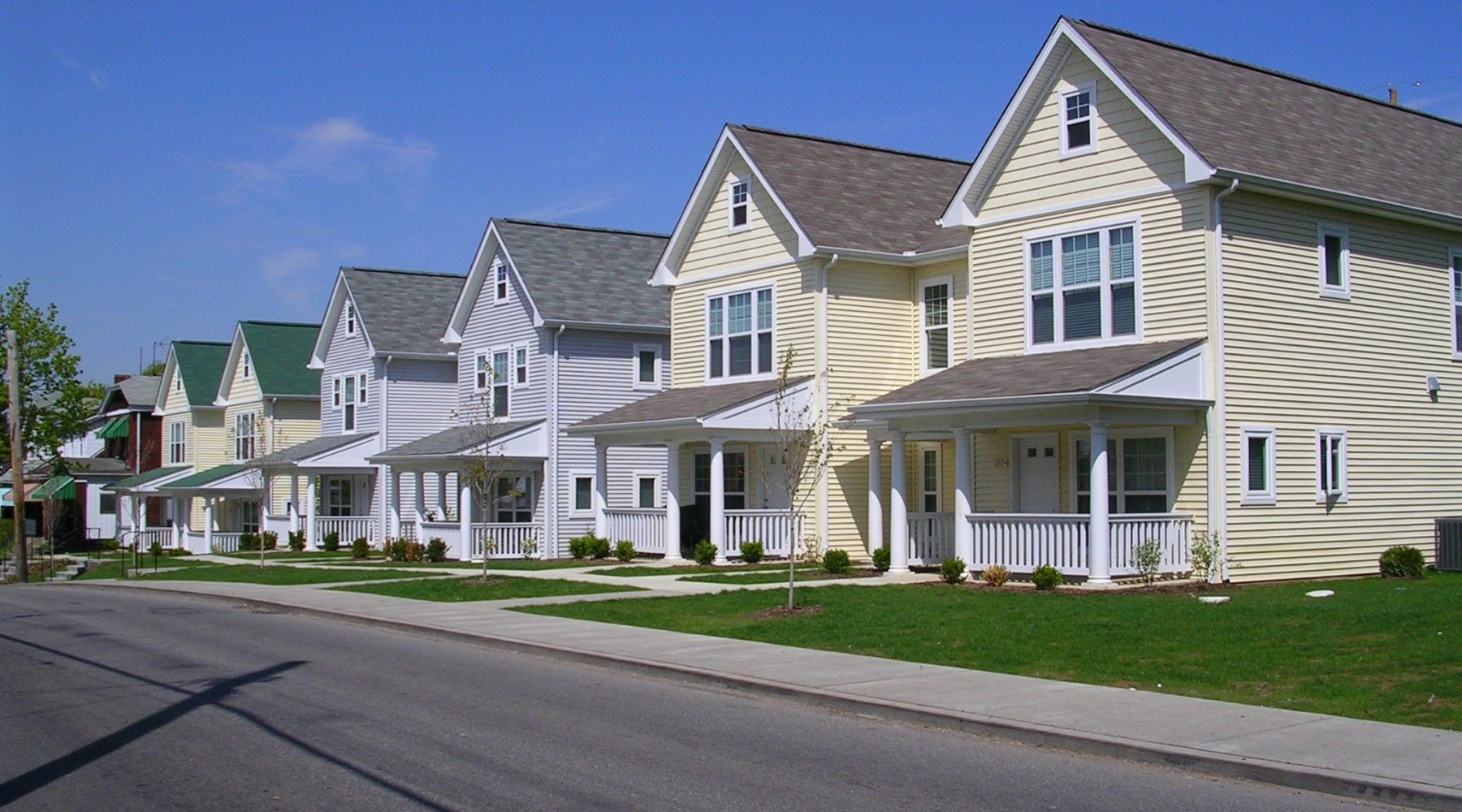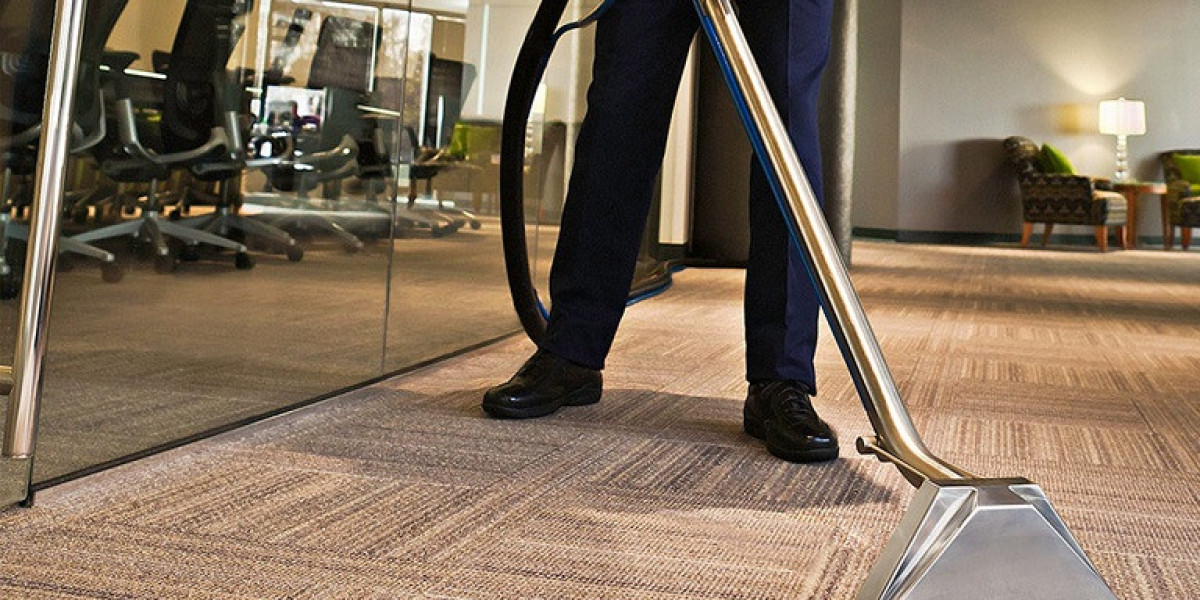
Navigating the world of business property can be frustrating, especially when it comes to comprehending lease structures and their ramifications. One such leasing choice is the gross lease, which uses various advantages and disadvantages for both renters and landlords.

In this blog site post, we'll delve into the ins and outs of gross leases by exploring their various types, pros, and cons, and how they compare to net leases in industrial property.
By acquiring a much deeper understanding of these arrangements, you'll be better equipped to make educated decisions that line up with your service requirements or investment technique.
Quick Key Takeaways
- Gross leases in business realty are lease contracts where occupants pay a flat fee that includes rent and all other costs related to residential or commercial property ownership.
- There are different types of gross leases, such as full-service, customized, commercial, and absolute.
- Pros of gross leases include predictable rent payments for renters and much easier management for landlords. Cons include prospective higher lease payments for occupants and decreased flexibility.
- It's important to weigh the benefits and drawbacks of gross leases before selecting which leasing alternative is finest fit for your business property needs.
Understanding Gross Leases In Commercial Real Estate
Definition And Explanation Of How It Works
A gross lease, likewise known as a full-service lease, is a type of commercial realty arrangement in which the tenant pays a single flat fee that covers not only the rent but likewise all expenses associated with residential or commercial property ownership.
This indicates that the landlord is responsible for managing and paying expenses like residential or commercial property taxes, maintenance, utilities, insurance, and other operating expenses.
For instance, think about an entrepreneur seeking to rent office for their growing service. Under a gross lease plan, they would not need to allocate resources or time towards managing building upkeep or dealing with utility providers straight; instead, they can focus on running their organization while knowing precisely just how much they will pay monthly for their work space.
Types Of Gross Leases, Including Full-Service, Modified, Industrial, And Absolute
Gross rents been available in different types that cater to varied commercial property requirements. Full-service gross leases are the most common and include all operating costs, such as residential or commercial property taxes, maintenance, energies, and janitorial services within the priced estimate lease.
Modified gross leases have actually ended up being progressively popular due to the fact that they enable more settlement between property managers and renters worrying operating costs. This kind of lease consists of base lease together with some operating expenses such as common area maintenance fees or structure insurance coverage premiums within the regular monthly rent payment.
Industrial gross leases may sometimes be utilized for warehouses or producing plants due to their special qualities; these sort of leasing agreements share similarities with full-service gross leases however may leave out specific non-essential amenities like car park cleansing or landscaping maintenance.
Pros & Cons Of Gross Leases
Gross leases have several advantages for both proprietors and tenants. For occupants, the main advantage is predictable rent payments that incorporate all expenditures connected with owning an industrial residential or commercial property.
This permits them to spending plan more effectively and prevent unforeseen expenses that might turn up under a net lease.
However, there are likewise drawbacks to gross leases as well. Tenants have restricted control over operating costs since these costs are included in the flat cost paid to the landlord.

It can also be difficult to forecast future costs accurately given that property managers might increase charges without caution.
Comparing Gross Leases To Net Leases
Gross leases and net leases differ because under a gross lease, the property manager is accountable for paying operating expenditures such as residential or commercial property taxes and energies, while occupants are responsible for those expenses under a net lease.
Differences Between Gross Leases & Net Leases
Among the main differences in between gross leases and net leases is how operating costs are handled. Under a gross lease, the tenant pays a flat cost that consists of lease and all associated expenses, while under a net lease, tenants spend for business expenses separately from their base lease.
For instance, in a triple net lease, the occupant is accountable for residential or commercial property taxes, insurance, and maintenance in addition to lease. On the other hand, with a full-service or modified gross lease, the proprietor covers those expenditures as part of the flat rental fee.
Advantages & Disadvantages Of Both
Gross leases and net leases have various benefits and drawbacks for both occupants and property managers. With a gross lease, tenants enjoy predictable rent payments, decreased financial burden due to no additional costs, and benefit for small companies as the proprietor covers business expenses.

For property managers, gross leases are much easier to handle as they handle all running expenses related to the residential or commercial property. However, this implies that they have restricted control over future costs and might face higher lease payments from renters given that it includes all property-related fees.
It is necessary to examine these differences thoroughly when considering whether a gross or net lease is better suited for your business realty needs.
Evaluating The Benefits Of Choosing A Gross Lease
Predictable Rent Payments
Among the most considerable advantages of a gross lease is that renters can enjoy predictable rent payments. With a fixed regular monthly fee, tenants can budget plan their expenditures beforehand without fretting about sudden boosts due to unexpected operating costs.
This makes it easier for small companies and start-ups to plan their finances and focus on growing their operations. Landlords also benefit from this plan as they can efficiently manage their capital knowing that they will receive a constant earnings every month.
Reduced Financial Burden On Tenants
Among the most substantial advantages of a gross lease in commercial genuine estate is that it lowers the financial problem on renters. With a repaired month-to-month lease payment, tenants can prevent unexpected expenditures related to residential or commercial property taxes, maintenance expenses, and energies.
This predictability in their expenses allows for much better budgeting and preparation for small services that might not have the monetary versatility to deal with unexpected spikes in expenses.
In addition to providing minimized monetary concerns for occupants, gross leases are often more attractive to smaller sized businesses due to the fact that they use convenience and simpleness.
Since all business expenses are consisted of in one flat fee under this type of lease agreement, small company owners do not have to fret about handling different utility expenses or finding out maintenance schedules.
Convenient For Small Businesses
Gross leases are often very hassle-free for small companies wanting to rent industrial spaces. With a repaired month-to-month rent that includes all charges and costs, small company owners can anticipate their costs quickly and budget plan appropriately.
Moreover, gross leases make it much easier for small company owners to pay their rent promptly, lowering the probability of late payments or defaulting on lease agreements. This is particularly advantageous for start-ups and entrepreneurs who may be tight on capital but still require area to run from.
Landlord Covers Operating Expenses
Under a gross lease, the proprietor is accountable for covering operating expenditures like residential or commercial property taxes, maintenance, and energies. This can be particularly advantageous for landlords with several residential or commercial properties to handle as it minimizes the burden of tracking these costs for each private occupant.
Additionally, tenants have assurance understanding that their fixed regular monthly lease consists of all essential expenses associated with leasing the residential or commercial property.
Choosing a gross lease enables landlords to provide more predictable lease payments to possible renters by including extra services in one flat rate. As such, you can attract small companies searching for easy-to-manage spaces without stressing about changing overhead expenses eating into revenues.
Easier To Manage For Landlords
Gross leases are useful for landlords because they are much easier to handle compared to net leases. With a gross lease, the property manager is responsible for covering operating expenditures such as residential or commercial property maintenance, taxes, and energies.
This removes the need for tracking expenses and billing renters for their part of the costs. It also conserves time on administrative jobs connected with managing a business residential or commercial property.
According to industry information, residential or commercial property owners who utilize gross leases rather than net leases experience fewer interruptions due to delinquent payments or overdue utility bills from renters.
They also have increased certainty about their residential or commercial property's profitability in the long run due to the predictable nature of rental earnings under this type of lease arrangement.
Weighing The Drawbacks Of Choosing A Gross Lease
Higher Rent Payments
Among the disadvantages of picking a gross lease is that occupants might face greater month-to-month lease payments. This is since they are paying a fixed charge to cover not just their rent however likewise all business expenses related to ownership.
For example, workplace in prime places under gross leases may come at a premium rate compared to net lease alternatives where occupants spend for their share of residential or commercial property taxes, insurance coverage, upkeep, and other costs independently.
Limited Control Over Operating Expenses
Among the downsides of choosing a gross lease as an occupant is having actually restricted control over operating costs. Since landlords cover these costs under a gross lease, tenants typically have no say in how these expenditures are managed or allocated.
For residential or commercial property owners, this lack of control can likewise cause trouble in anticipating future costs. Without input from tenants on their concerns and usage, it can be challenging to precisely estimate and plan for upcoming operating costs.
Difficulty In Predicting Future Expenses
One of the disadvantages of selecting a gross lease is the trouble in predicting future costs. This is due to the fact that tenants have no control over modifications in running expenses, such as residential or commercial property taxes, upkeep charges, and insurance premiums.
For example, if a municipality decides to increase residential or commercial property taxes or energy rates all of a sudden, tenants on gross leases will have to take in these increasing expenses without warning.
Overall, while gross leases provide predictable rent payments for occupants, they also come with the danger of unforeseeable expenses beyond their control.
Reduced Flexibility For Tenants
Among the potential downsides of a gross lease in commercial property is lowered versatility for renters. With a repaired month-to-month lease and all expenditures included, renters have actually restricted control over their operating costs and may discover it hard to change as their service needs change.
For example, if a tenant wants to make enhancements to their space that would increase energy use or require extra maintenance, they would not have the ability to negotiate those expenses individually from the fixed rent payment.
Is A Gross Lease Right For Your Commercial Real Estate Needs?
Factors To Consider When Deciding Between A Gross Lease And A Net Lease
When choosing between a gross lease and a net lease, there are a number of aspects to consider. For residential or commercial property owners who desire a more hands-off approach to residential or commercial property management, a gross lease may be the better alternative.
With a fixed regular monthly payment that consists of all expenses, it's simpler for occupants to budget their finances.
However, some occupants might prefer the versatility that comes with a net lease. In these arrangements, tenants pay for operating costs like energies and maintenance straight as they utilize them rather than through an all-encompassing flat fee.
This can benefit services with changing profits or distinct operational needs that require higher control over their costs.
Final Thoughts On The Benefits And Drawbacks Of Gross Leases
Gross leases can be an outstanding alternative for both property owners and occupants in commercial genuine estate. For renters, a set monthly rent streamlines budgeting and decreases financial problem.
Meanwhile, proprietors can benefit from simpler residential or commercial property management and predictable earnings streams. However, it is very important to think about the possible disadvantages of gross leases as well.







